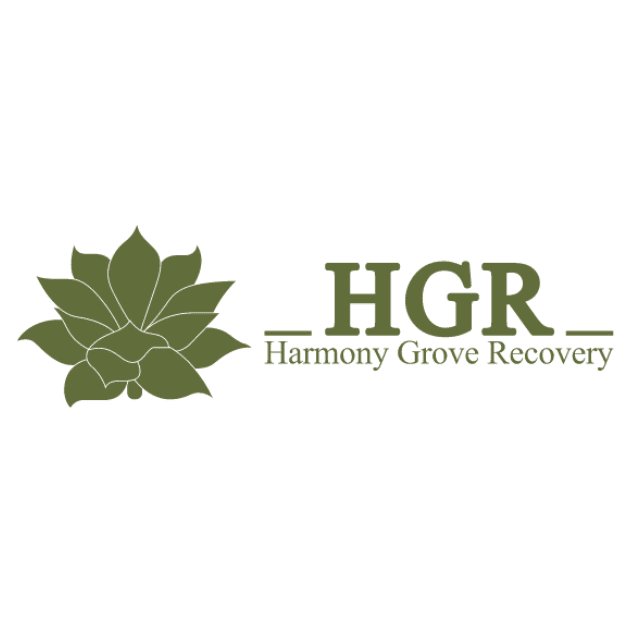Steps
After arriving at the alcohol detox center, patients will undergo a physical and psychological assessment to determine the severity of their addiction and any underlying mental health issues. This assessment helps clinicians create a personalized plan for each patient's recovery journey. During this day, medical staff will also begin to monitor vital signs such as blood pressure and heart rate.
On this day, the alcohol detox patient will be given a series of medications to begin the withdrawal process. These medications help reduce the intensity of some of the physical symptoms associated with alcohol withdrawal, such as anxiety and insomnia. During this day, medical staff will continue to monitor vital signs to ensure the patient is stable.
On this day, the patient will begin to experience more intense alcohol withdrawal symptoms. These may include nausea, vomiting, muscle aches, and sweating. During this period, it is important for the patient to stay hydrated and get plenty of rest. HGR drug rehabs San Diego medical staff will continue to monitor vital signs and provide medications as necessary to help manage any uncomfortable symptoms.
At this point in the alcohol detox process, patients can expect more severe withdrawal symptoms such as increased anxiety, agitation, depression, and insomnia. Medication may be administered to regulate these emotions and help the patient remain comfortable. This is known as medication Assisted Treatment or MAT. Additionally, HGR's Drug Rehabs medical staff will ensure that the patient still has access to fluids and electrolytes to prevent dehydration.
This day often marks a turning point in the alcohol detox process as physical symptoms start to subside while emotional distress continues. The patient may experience feelings of guilt or shame related to their addiction which should be addressed by a mental health professional during this time. Additionally, medical staff will continue to monitor vital signs as needed.
By now, most physical alcohol withdrawal symptoms should have subsided allowing for emotional work with a substance abuse counselor or therapist if necessary. This is also a good time for the patient to begin developing new habits that can lead them away from alcohol use in the future such as exercise, yoga or meditation practices that promote relaxation and focus on healthy living habits such as eating well-balanced meals and getting adequate sleep each night.
Recovery from alcohol detox is often complete at this time although some patients may need additional support or treatment depending on their individual situation. Typically however by now most of our alcohol detox San Diego patients are ready for discharge from alcohol detox and can continue with recovery plans that were developed with their treatment team during admission such as 12-step programs or other aftercare options designed for long-term sobriety maintenance.
